Introduction
Adaptive learning platforms are educational technologies that leverage artificial intelligence and data-driven algorithms to tailor learning experiences to individual students. These platforms adjust content delivery based on a learner’s performance, preferences, and behavior, creating a more responsive and personalized educational environment.
The core promise of adaptive learning platforms lies in personalized learning. By shifting away from a one-size-fits-all approach, these tools support a student-centric model that can improve engagement, motivation, and academic outcomes. Students receive content that meets them at their current level, ensuring that they are neither overwhelmed nor unchallenged.
The rise of adaptive learning platforms is driven by recent advancements in AI, machine learning, and real-time data collection. These technological developments have made it possible to implement adaptive systems at scale, transforming how educators approach instruction and how students access and interact with learning materials.

The Technology Behind Adaptive Learning
How Adaptive Learning Works
Adaptive learning platforms utilize advanced algorithms to assess student performance in real time. These algorithms analyze how learners interact with content, identify gaps in understanding, and adjust the learning path accordingly. Content is delivered dynamically, with the system selecting materials based on each student's demonstrated mastery level. This ensures that learners receive the right level of challenge and support at the right time.
A core feature of adaptive learning platforms is the use of feedback loops. These loops gather and interpret user data continuously, allowing the platform to refine instructional strategies and improve learner outcomes. As students progress, their responses inform the system, enabling it to adapt future content and pacing for optimal learning efficiency.
Key Components
Real-Time Data Analytics
Real-time data analytics is fundamental to adaptive learning platforms. It enables continuous tracking of student progress, providing insights into performance trends and learning behaviors. This data-driven approach supports timely interventions and personalized guidance (Brookings).
Intelligent Tutoring Systems
Intelligent tutoring systems simulate one-on-one instruction by using artificial intelligence to respond to learner inputs. These systems adjust explanations, hints, and pacing based on student interactions, offering a tailored learning experience that closely mimics human tutoring (Korbit Study).
Recommendation Engines
Recommendation engines within adaptive learning platforms suggest personalized content based on individual learning needs and preferences. By analyzing user behavior and performance, these engines help maintain engagement and foster consistent progress through targeted content delivery (Personalized Recommendations Study).
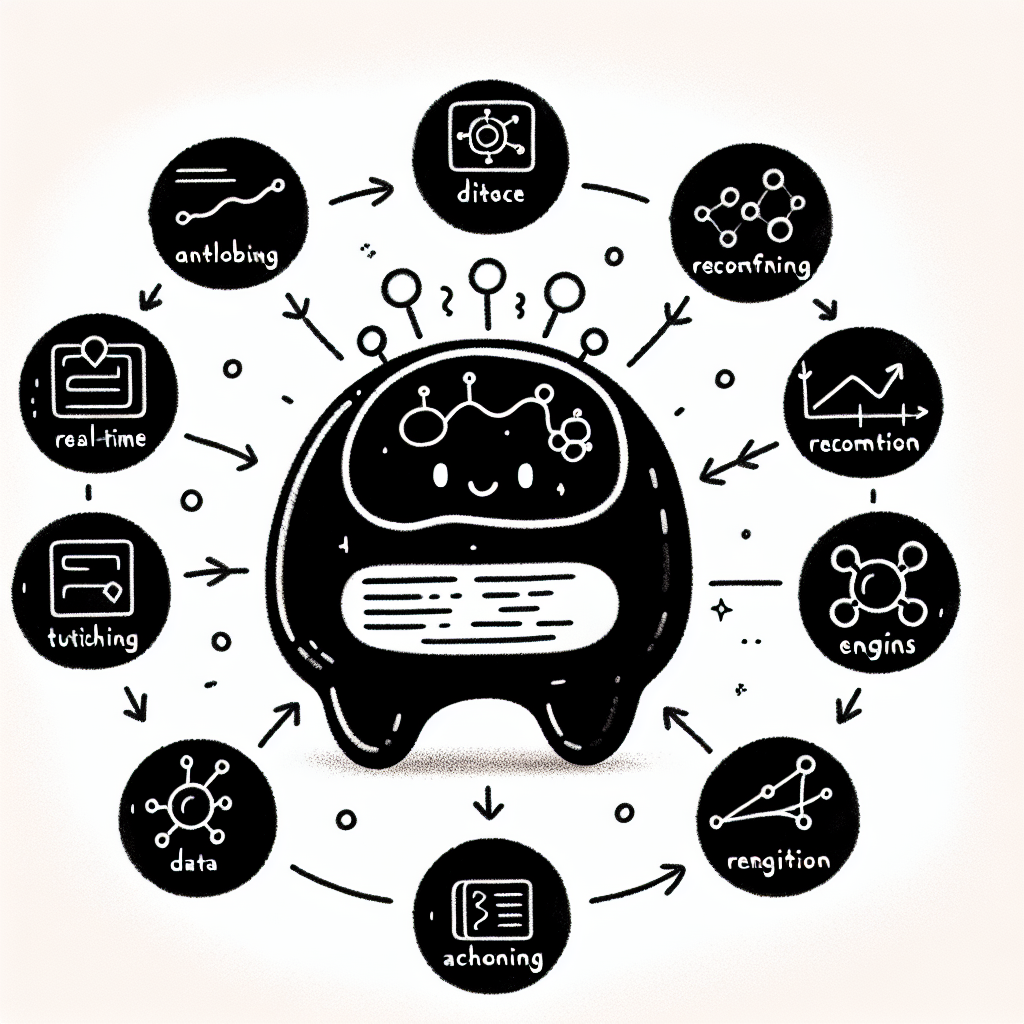
Evidence of Impact
Content Engagement and Platform Usage
Adaptive learning platforms have demonstrated measurable improvements in user engagement. A randomized controlled trial revealed that personalized recommendations led to a 60% increase in content consumption and a 14% increase in app usage (Personalized Recommendations Study). These findings indicate that tailoring content to individual learning needs can significantly enhance platform usage.
Learning Outcomes and Academic Gains
Research also supports the academic benefits of adaptive learning platforms. In a study comparing different learning environments, students using Yixue Squirrel AI outperformed their peers in both traditional classrooms and other adaptive systems (Yixue Study). Similarly, users of Korbit's platform achieved 2 to 2.5 times higher learning gains compared to those enrolled in Massive Open Online Courses (MOOCs), highlighting the effectiveness of personalized learning paths (Korbit Study).
Teacher Adoption and Institutional Integration
The successful integration of adaptive learning platforms in educational settings depends heavily on teacher adoption. Key enablers include minimizing additional workload, building teacher trust and ownership, and ensuring ongoing support and professional development. These factors were identified as critical in a study examining the use of AI in schools (AI in Schools Study).
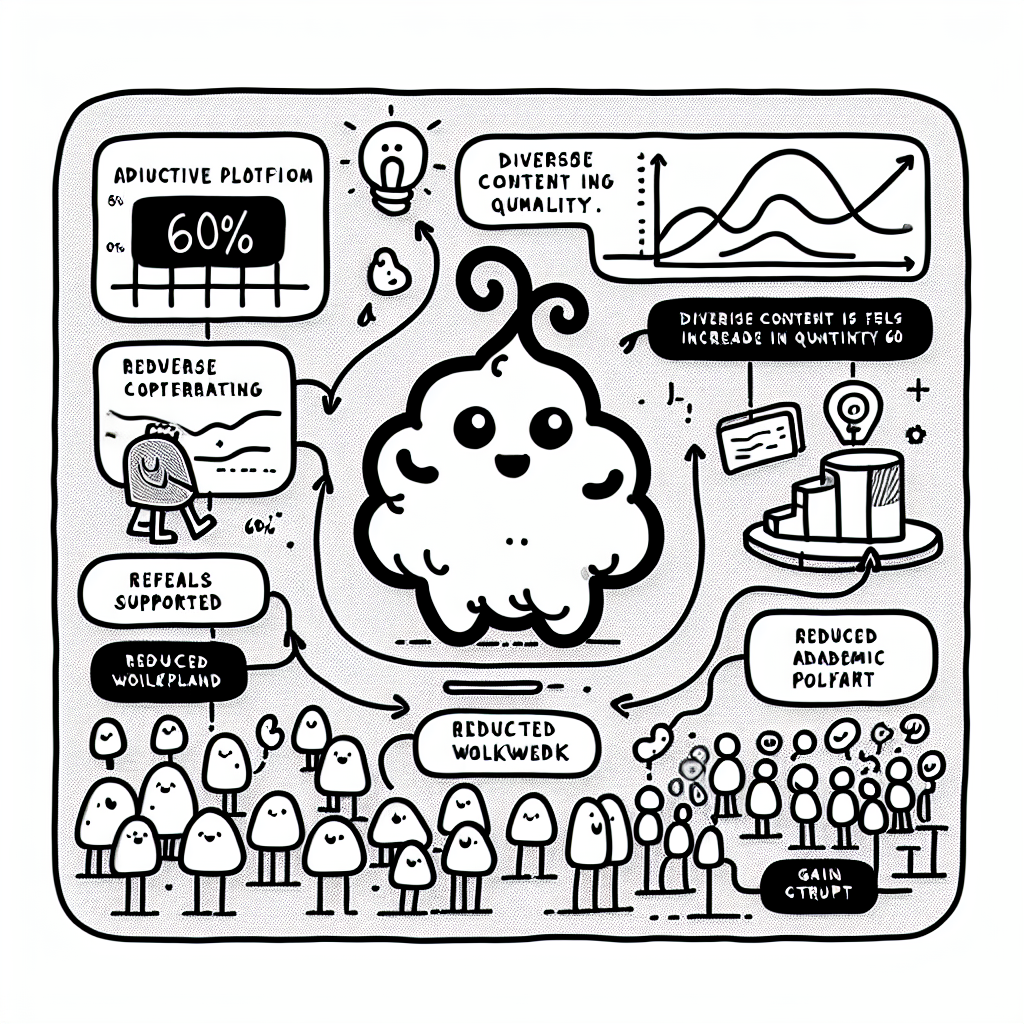
Benefits of Adaptive Learning Platforms
For Students
Adaptive learning platforms offer personalized pathways tailored to each student's skill level. By continuously assessing performance and adjusting content accordingly, these systems ensure learners engage with material that matches their current understanding. This personalization helps students stay motivated and accountable, as they experience progress that reflects their actual learning pace. Additionally, adaptive platforms provide instant feedback and remediation, allowing students to correct mistakes and reinforce concepts in real time, which enhances mastery and reduces frustration.
For Teachers
For educators, adaptive learning platforms deliver actionable insights on student performance through data analytics. These insights help teachers identify learning gaps, monitor progress, and tailor instruction more effectively. The platforms also support differentiated instruction by recommending resources and strategies suited for varied learning styles and levels within the classroom. Furthermore, automation of routine tasks—such as grading quizzes or tracking assignments—saves valuable time, enabling teachers to focus more on instruction and student engagement.
For Institutions
At the institutional level, adaptive learning platforms provide scalable solutions that accommodate diverse learning needs across large student populations. By facilitating personalized instruction at scale, these platforms contribute to improved retention rates and stronger academic performance metrics. Institutions also benefit from real-time dashboards that consolidate performance data, enabling data-driven decision-making and strategic planning.
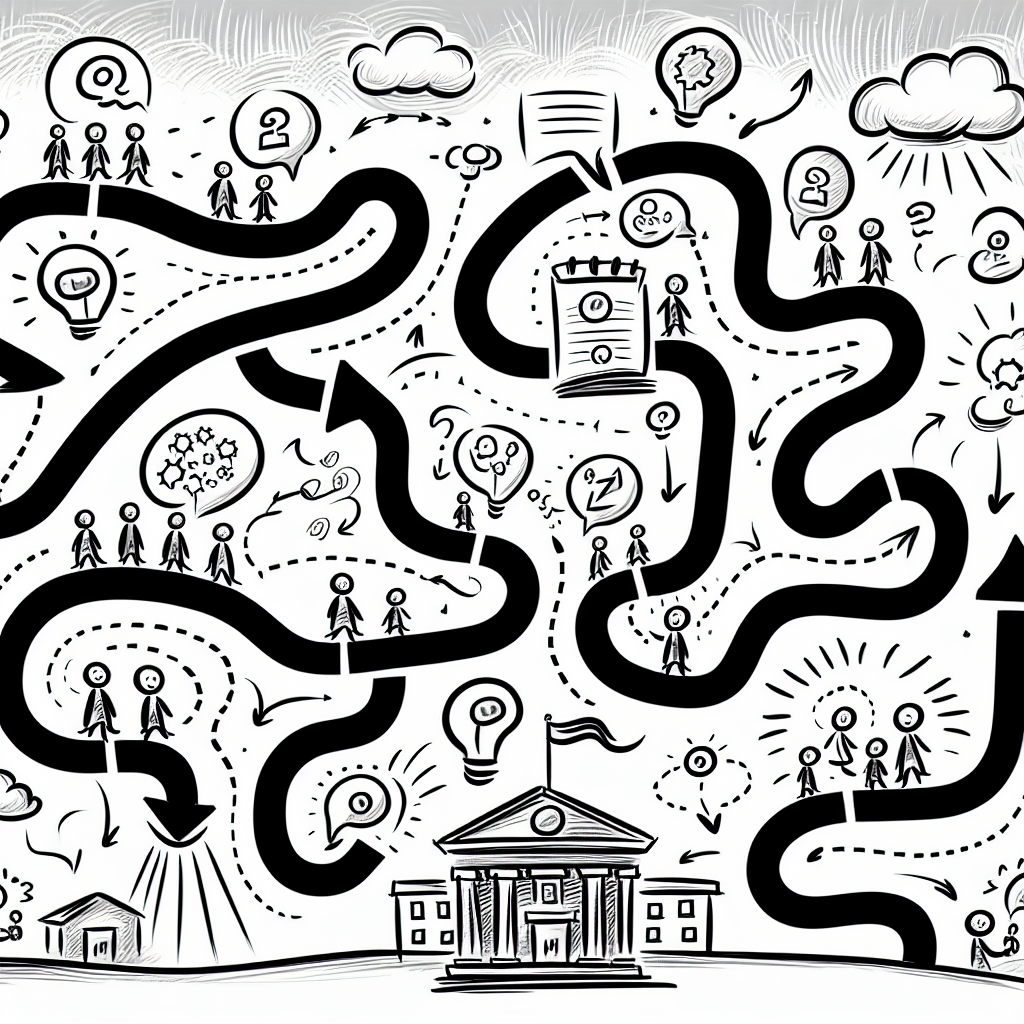
Challenges and Considerations
Adaptive learning platforms promise personalized education, but they also present several challenges that must be addressed to ensure their effective and ethical use.
Data Privacy and Ethics
One of the most pressing concerns with adaptive learning platforms is the protection of student data. These platforms collect large volumes of personal and performance-related information to tailor educational experiences. Ensuring robust data security measures and compliance with privacy laws is essential to safeguard student information. Another ethical consideration is algorithmic bias. If not carefully monitored, the algorithms powering content delivery can reinforce existing inequities or produce skewed learning paths based on flawed data or assumptions.
Equity and Access
Adaptive learning platforms require reliable internet access and compatible devices, which can be a barrier for students in under-resourced communities. Bridging this digital divide is crucial to ensure all students can benefit from personalized learning technologies. Furthermore, platforms must be designed with inclusivity in mind, offering support for multilingual learners and students with special needs. Customization features, such as language options and accessibility tools, are necessary to make adaptive learning truly universal.
Teacher Resistance and Training
Some educators are skeptical of incorporating AI-driven tools into their classrooms. Concerns range from a perceived loss of autonomy to doubts about the technology’s effectiveness. Overcoming this resistance requires transparency in how adaptive learning platforms function and how they support—not replace—traditional teaching methods. Demonstrating clear value through pilot programs and empirical evidence can help build trust. According to the AI in Schools Study, teacher buy-in improves when platforms are introduced with thorough training and when educators are involved in the implementation process.

Future Directions
Next-Gen AI Features
The future of adaptive learning platforms lies in more responsive and intelligent systems. Emotion-aware tutoring systems are being developed to detect learners’ emotional states through facial recognition, voice analysis, or interaction patterns, allowing the platform to adjust content delivery in real-time. This supports more empathetic and effective instruction, especially for learners who may struggle with motivation or frustration.
Gamification and adaptive simulations are also gaining traction. By integrating game mechanics and scenario-based learning into adaptive platforms, students can engage with content in interactive and immersive ways. These features aim to enhance motivation and retention while still personalizing content based on individual performance.
Hybrid Learning Models
Adaptive learning platforms are increasingly being integrated into hybrid learning environments. In blended classrooms, these platforms provide personalized digital content that complements teacher-led instruction. This allows educators to focus on higher-order tasks while the platform handles foundational skill-building.
In flipped classrooms, students can use adaptive platforms to learn new material at their own pace before class, enabling in-person sessions to focus on discussion and application. This personalization ensures that each student arrives prepared according to their individual learning needs.
Policy and Research Needs
To guide the ongoing development of adaptive learning platforms, more longitudinal studies are needed to evaluate their long-term effectiveness across diverse student populations. These studies should assess both academic outcomes and learner engagement over time.
Additionally, clear policy frameworks are required to govern the ethical use of AI in education. Issues such as data privacy, algorithmic bias, and transparency must be addressed to ensure equitable access and responsible implementation.
Finally, sustained investment in teacher training and infrastructure is essential. Educators need support to effectively integrate adaptive platforms into their instruction, and schools must have the technological capacity to deploy these tools at scale.
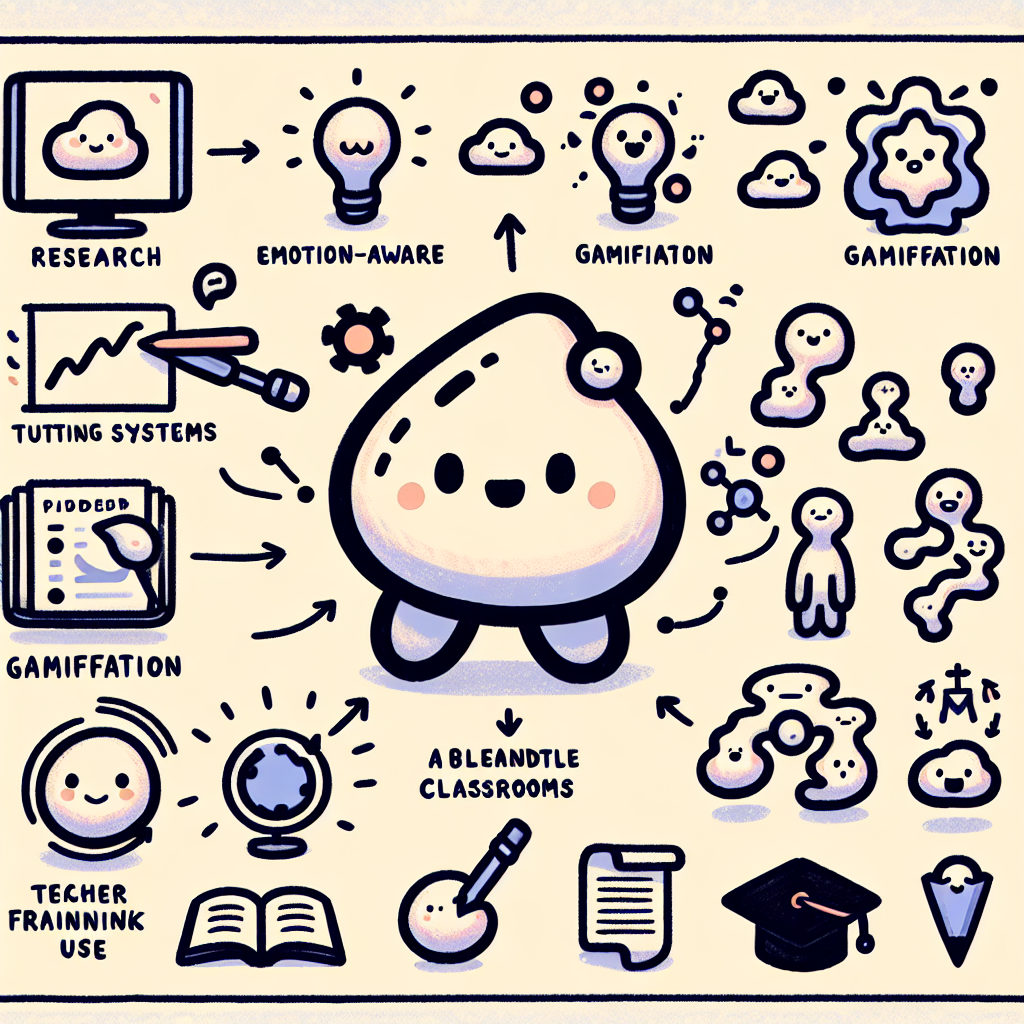
Conclusion
Adaptive learning platforms are transforming the landscape of personalized education. By using data-driven insights and responsive technologies, these platforms tailor learning experiences to individual student needs. This approach not only enhances student engagement but also leads to measurable improvements in academic performance.
Looking forward, the continued integration of adaptive learning platforms into educational systems depends on thoughtful implementation. Success will require robust technological infrastructure, ongoing support for educators, and alignment with sound pedagogical practices. With these elements in place, adaptive learning platforms have the potential to become a foundational component of 21st-century education.
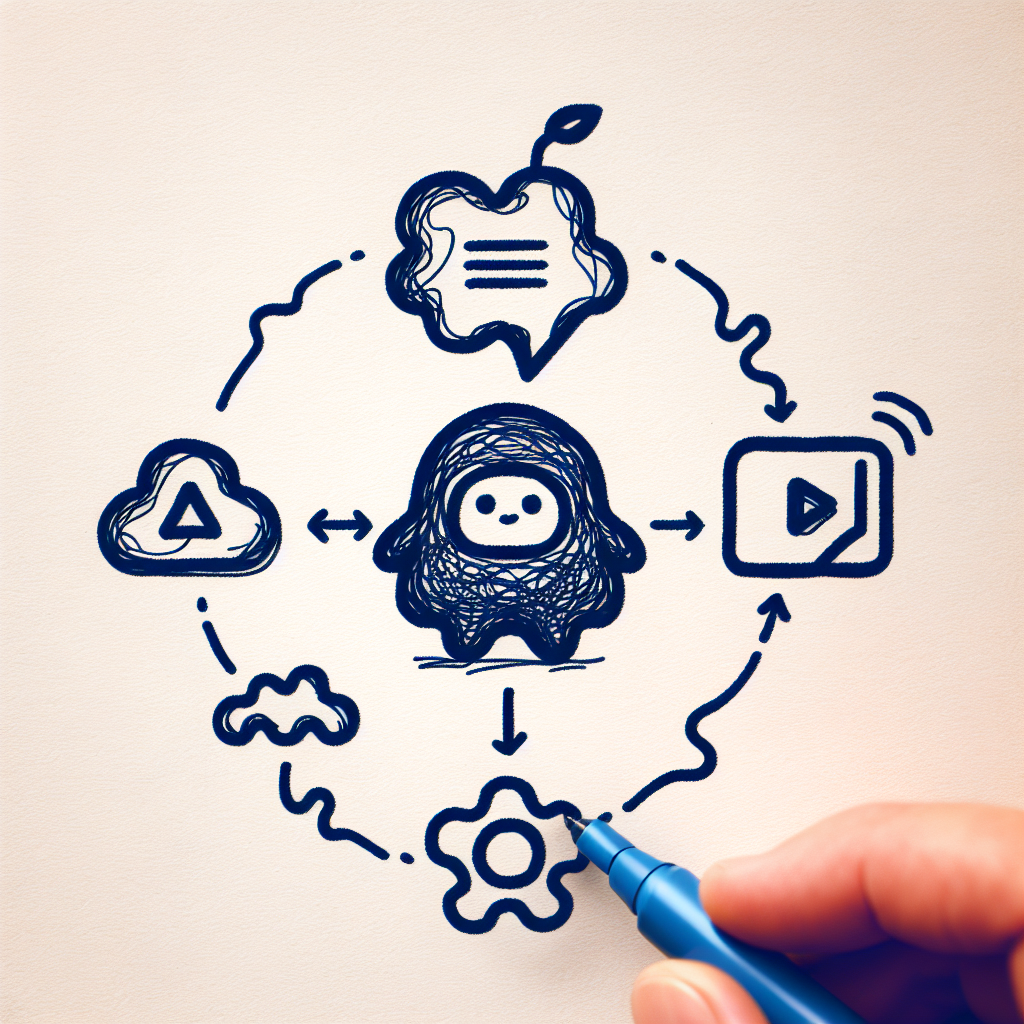



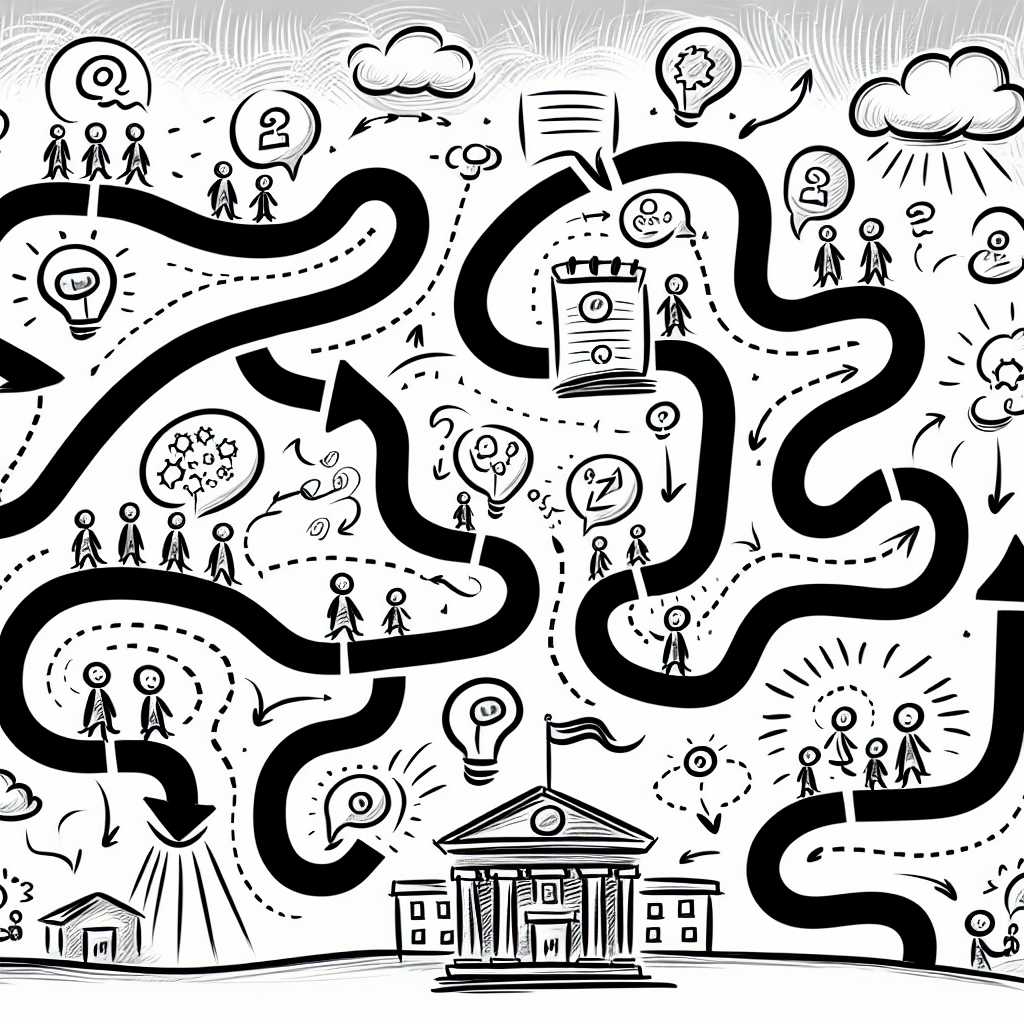


.png)






